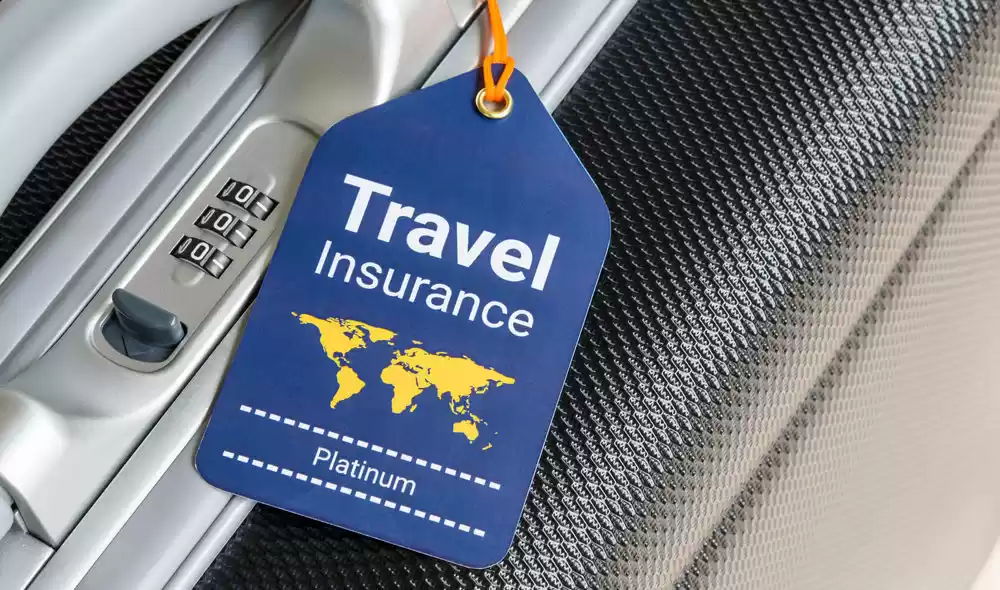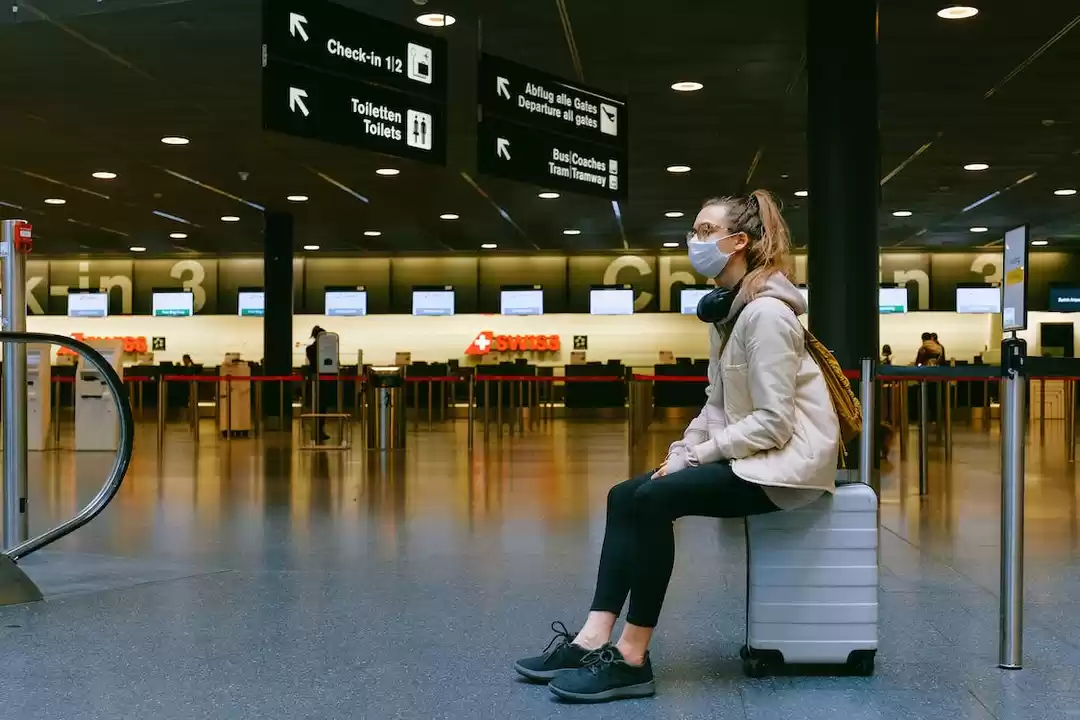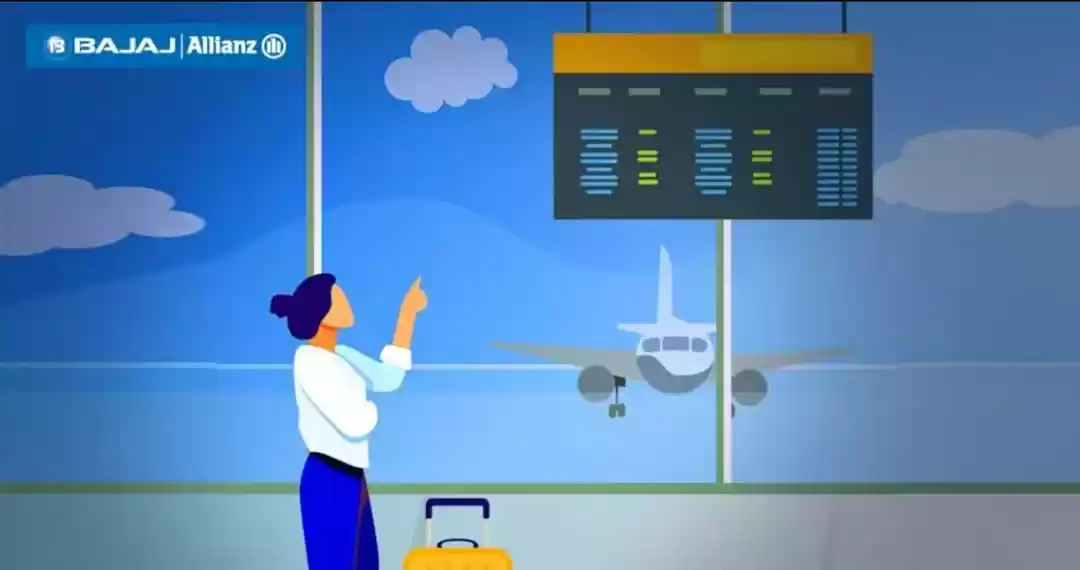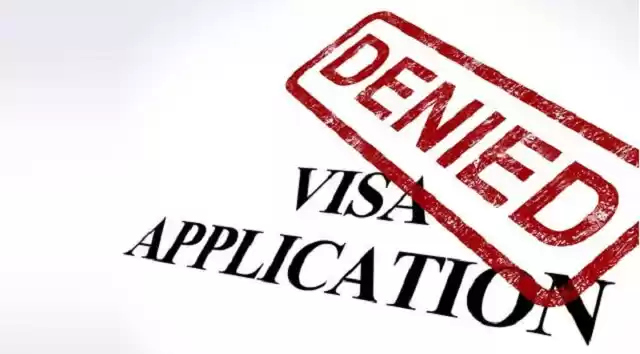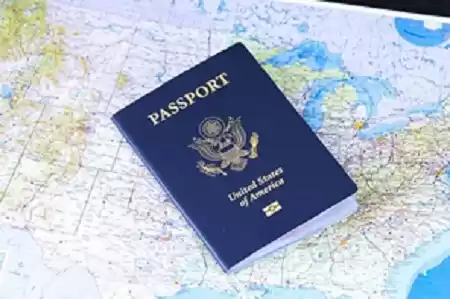
The best way of planning a safe trip is to prepare well in advance. Regardless of your reason for travelling abroad, getting yourself informed is essential so as to avoid problems, and even emergency situations.
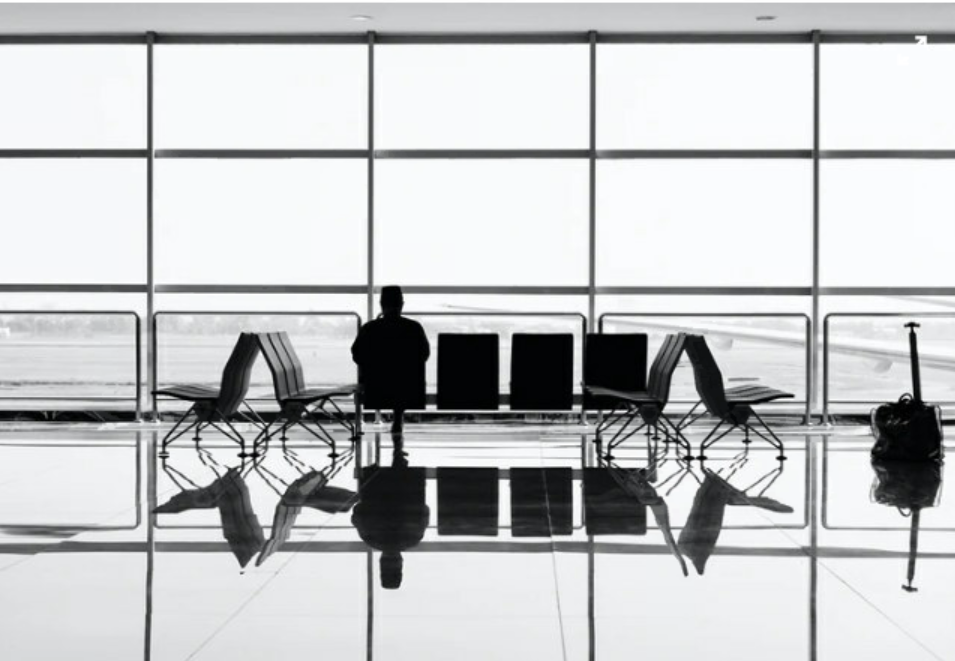
An informed traveller is a safer traveller. Here, I provide you with information that is useful for any trip abroad. In addition to checking the Travel Recommendations that are specific to the destination country or countries, you should also bear the following tips in mind:
General Recommendations
Check the Travel Recommendations. These are the main source of information about the country or countries that you are going to visit. In each of these you can find up-to-date information about the country's entry requirements, the documentation and visas needed to travel, the security situation of the country, healthcare, vaccinations, currency and key phone numbers of interest. It is also advisable to do further reading about the destination country, with regard to its customs and local legislation.
Check the healthcare situation and the vaccinations needed per country on the Ministry of Health and Social Policy and Equality's website of each country.
Cash and Credits

Travel with Enough Means of Payment. It is always recommendable to travel with enough money and, in order to deal with possible unexpected eventualities; ideally this should be via a combination of different means of payment. It is advisable to check that credit cards can be used in the destination country.
You can also use Google Pay in the countries in which its authorised for buying stuff from the local shops and restaurants.
For example, here is the link to Russia's Travel recommendation website , click here.
GYPSY TIP: Give a family member or friend the details of the trip that you are going to take, including the dates and places you are going to stay.
Documentation
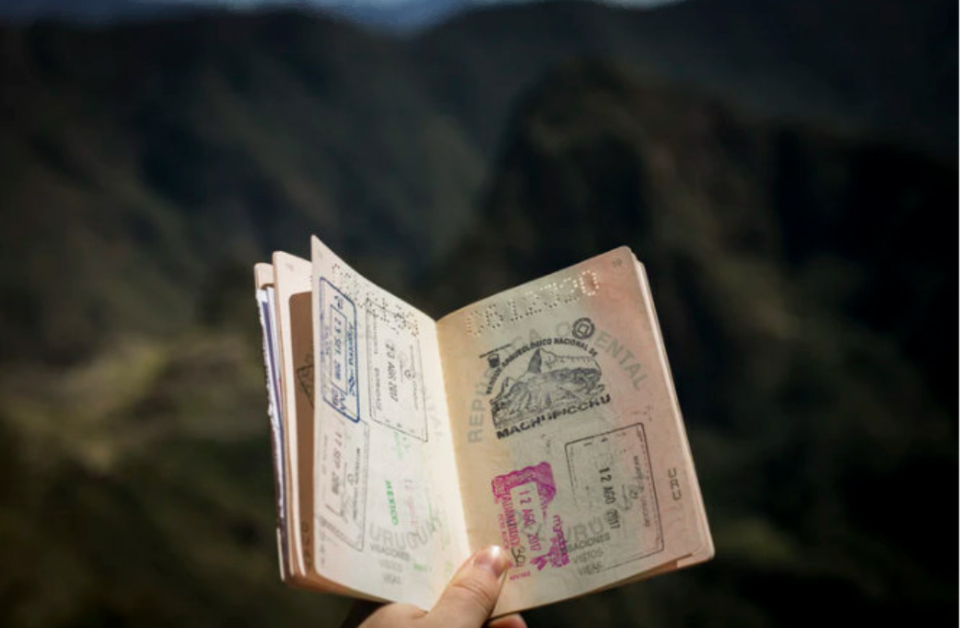
Passport, Visas, International Driving License.
A passport is the basic travel document. As well as having the travel documentation, many countries also require a visa. Check if this is the case in the Travel Recommendations section of each country. To obtain a visa, you should enquire at the Consulate or Consular Section of the Embassy of the destination country. You must also bear in mind that the process to obtain a visa may require other, supplementary documentation and the time-frame to grant the visa is determined by the country in question. Hence, it is advisable to apply for the visa well in advance of your trip.
Even with all the correct documentation and visa, entering a foreign country is not a right; as such, you may be denied entry.
If you are plan on driving when abroad, you will need specific documentation and insurance. Check the Travel Recommendations and the link to the Virtual Traffic Department.
Health and Travel Insurance

Many people regret not having taken out medical insurance before a trip when they have to deal with a medical emergency abroad. Given that in many countries hospital fees and treatment can be very expensive and must be paid by the patient, it is strongly recommended to take out medical insurance with full coverage in case of an illness or accident during the trip, including evacuation in a medically equipped plane.
By way of example, transporting an ill person in a medically equipped plane from the United States can cost around 50,000 euros.
If you are going to visit various countries on your trip, check that the insurance has coverage in all of them, including layovers and short-stays.
Check that the insurance taken out covers you for all the activities that you will carry out during the trip, including those considered high-risk such as diving, paragliding and kite surfing. In addition, activities linked to motoring (rallies, raids, riding jet skis and snowmobiles, zip lining, etc.) usually require specific coverage.
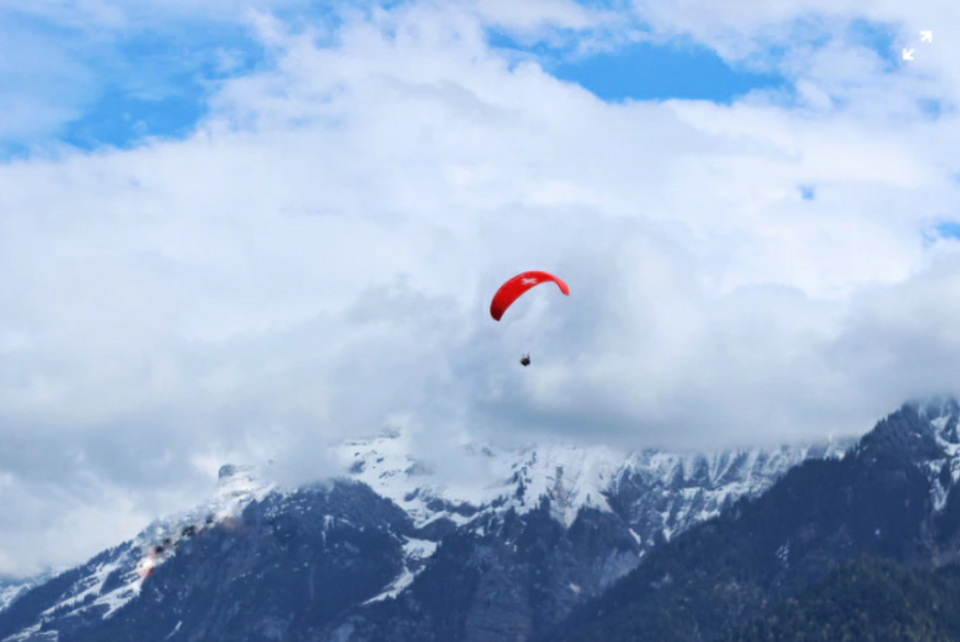
You should also be aware that if you are going to undertake a high-risk sport or activity (mountaineering, caving, cave diving, etc.), your insurance should expressly cover undertaking that activity abroad and it should be sufficient to cover everything regarding the rescue, medical evacuation or transport of mortal remains. When an accident occurs abroad, the responsibility regarding the rescue and civil protection falls to the local authorities, whose legislation, action protocols and resources may not be similar to those available in your country. Embassies and Consulates do not have the resources to deal with or assume costs in the case of an accident, nor can they ensure you receive better treatment than the nationals of the country in question.
If you plan on driving abroad, it is advisable for you to first read the Travel Recommendations for your destination, to take out an accident and third party liability insurance policy.
Likewise, it is also advisable to take out travel insurance that covers the contingencies that may happen before or after a trip:
Missed flights or connections. Be aware that some airlines do not guarantee that they will cover the cost of connections that are missed due to delays or cancellations.
-Family emergencies or unexpected work commitments that require returning earlier than expected.
-Theft.
-Damage or misplacement of luggage, or delay in receiving it.
-Civil liability.
Remember that Embassies and Consulates do not pay for medical nor travel expenses.
Travelling with Medication
If you suffer from a chronic illness, you should take all the medication that you will need for the duration of your trip. All medication, especially that which requires a prescription, should be carried in hand luggage in the original packaging with the labels visible, and as a precaution, duplicate medication should be carried in checked luggage. You should travel with the name and contact details of your doctor, information about your medical situation and treatment, details about the medication (including its generic names), as well as the prescribed dosage.
Should you need to travel with other medical items, such as syringes for example, you must also take a medical report certifying the need to use said items, as this can be requested by customs officials or security personnel.
There are specific regulations for travelling with psychotropic drugs and/or narcotic substances which are internationally controlled. These drugs cannot freely circulate abroad; as such you must have a certificate issued by the prescribed doctor or the medical institution. To continue treatment of this type of drugs abroad, you must have a specialised doctor in the destination country, thus you must duly inform yourself before travelling.
Some substances that are legal in India are illegal in other countries, including alcohol and certain medications, as such their consumption, possession and trafficking are criminal offences. Therefore, it is important to check the Travel Recommendations for each country you are going to visit.
I hope this article helped you guys in a different way, share this with your loved ones who are planning a trip or doesn't know about these important things.
STAY HEALTHY AND STAY SAFE

















